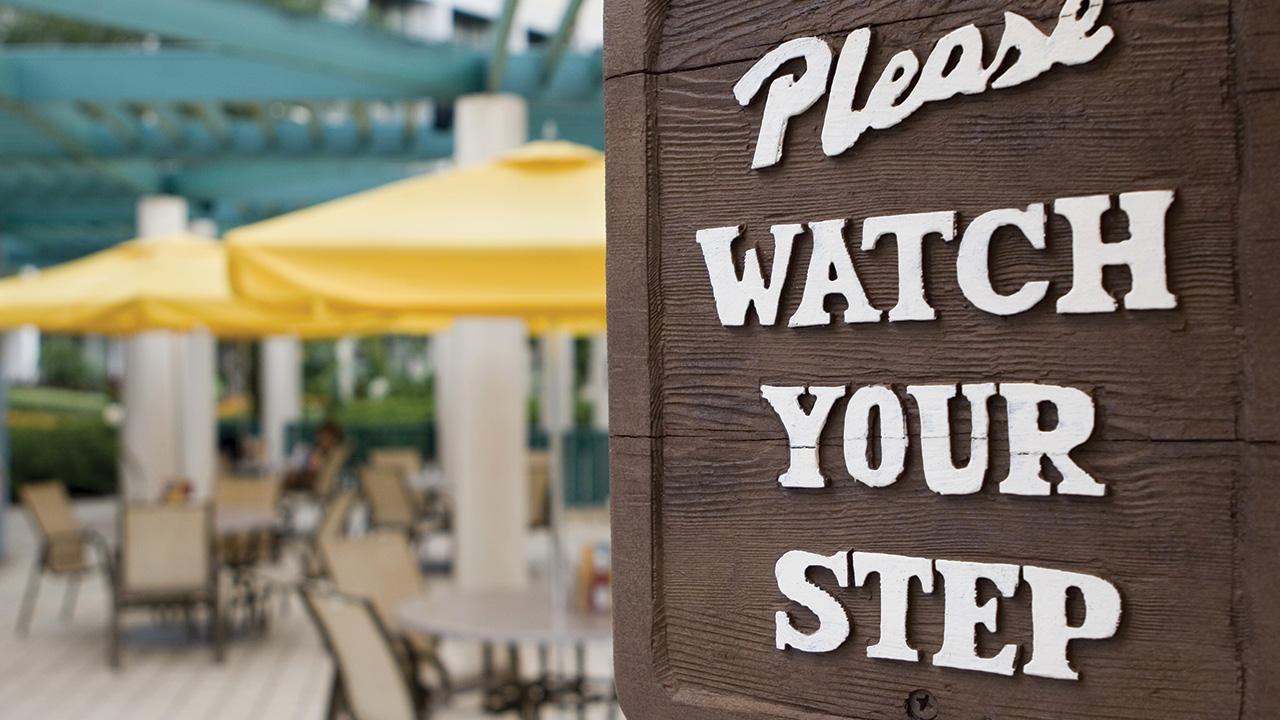Gordon Gekko
Registered User
- Messages
- 7,919
Surely the current crisis is an advert for:
- Avoiding nursing homes
- Avoiding apartment living
- Staying in your family home
- Avoiding nursing homes
- Avoiding apartment living
- Staying in your family home
